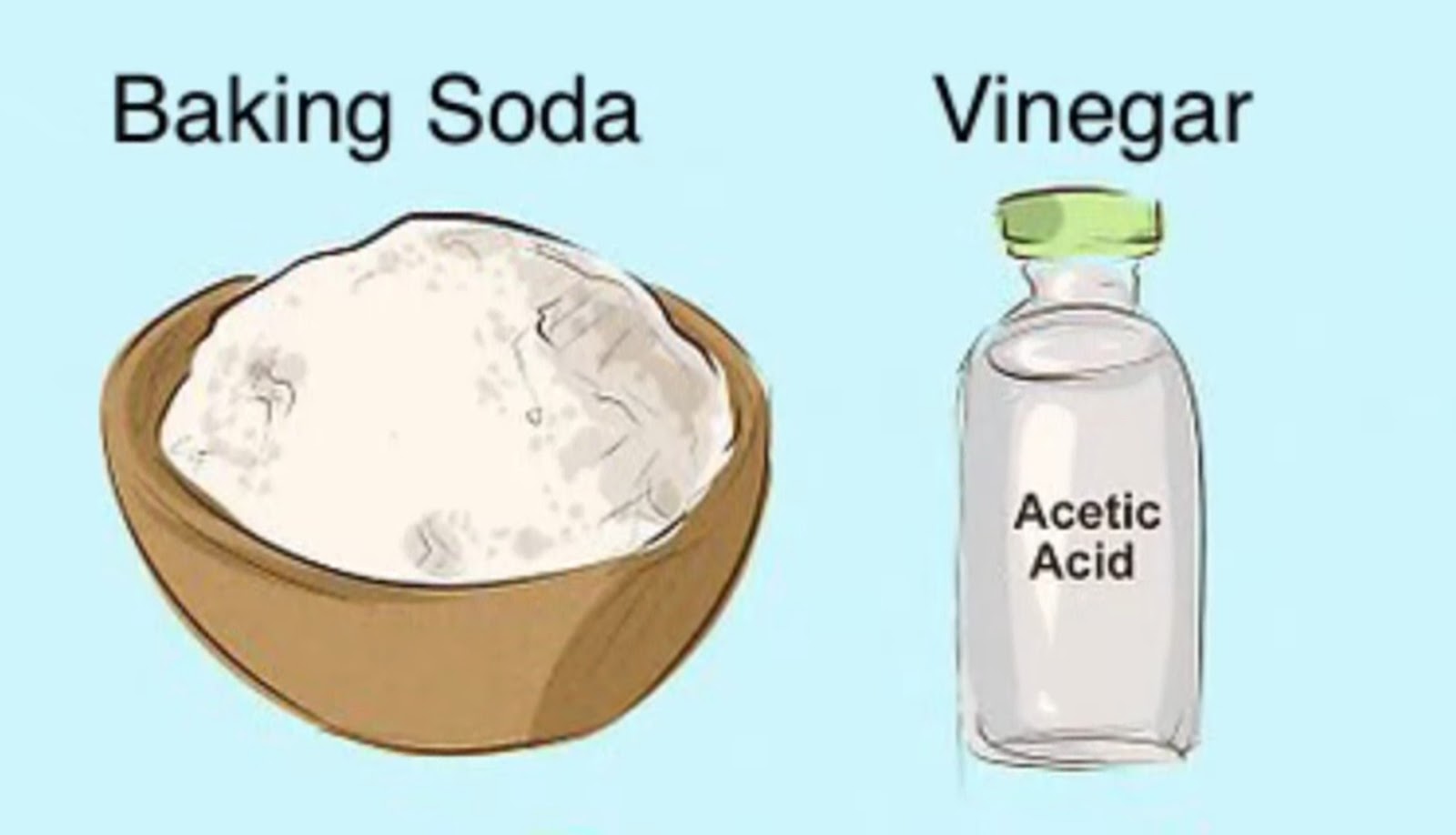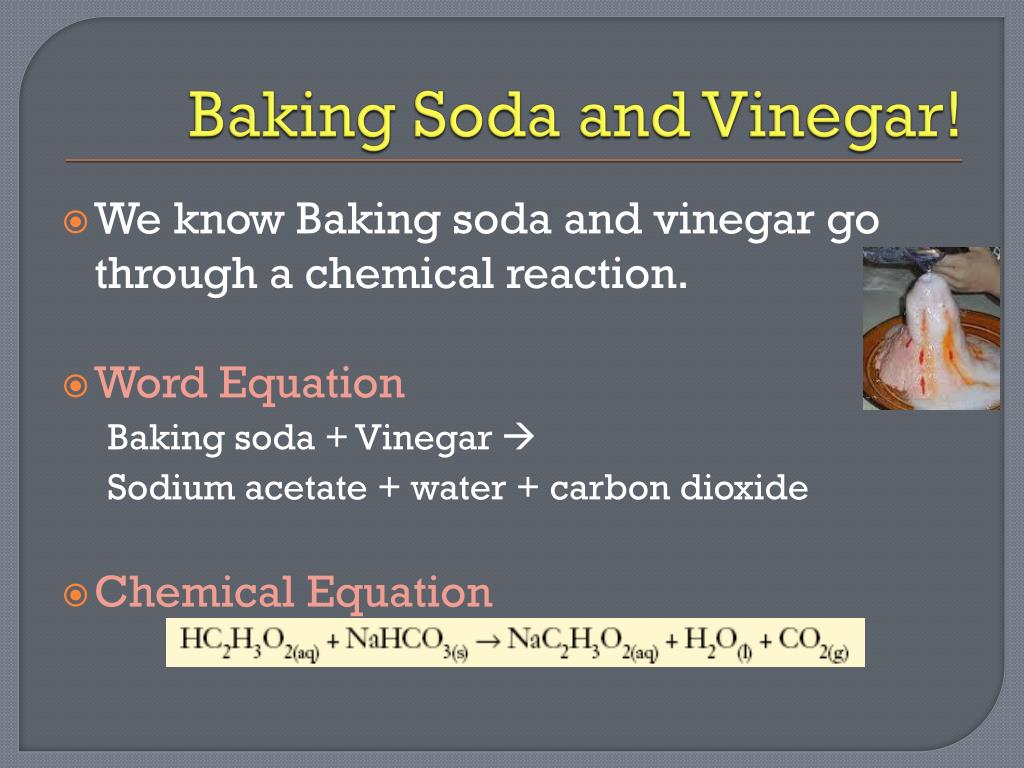
Does lemon juice go bad? Properly stored lemon juice extends usability but eventually loses quality. Learn to recognize signs of spoilage and ensure freshness.
Determining the longevity and safety of citrus juice is crucial for ensuring both the quality of dishes and food safety. Understanding when lemon juice remains suitable for consumption prevents unwanted flavors and potential health risks.
Mastering the knowledge of how to assess lemon juice freshness ensures bright, flavorful results in various culinary applications. It supports consistent taste and prevents the introduction of off-putting flavors into recipes.
Centuries of culinary practice acknowledge citrus’s role as a preservative and flavor enhancer. However, time inevitably diminishes its beneficial properties as oxidation and microbial activity degrade its quality.
For home cooks, this understanding translates directly into less food waste and a more reliable cooking experience. Knowing when to discard old juice avoids compromising otherwise delicious meals.
Some believe refrigeration is the only factor in preserving lemon juice, but understanding visual cues and aroma is just as important. There are also preservation methods, such as freezing, to consider.
The following exploration will provide a detailed understanding of factors influencing the shelf life of lemon juice. It will also empower individuals to confidently assess its suitability for use.
Oxidation.
Oxidation is intrinsically linked to the question of whether lemon juice goes bad. It is a primary mechanism by which the juice’s quality diminishes over time, irrespective of storage conditions. This process involves the interaction of citric acid and other compounds within the juice with oxygen from the air.
As oxidation occurs, the bright, vibrant flavor of fresh lemon juice transforms into a dull, sometimes bitter taste. The color may also darken. An example is the browning observed when a cut apple is left exposed; lemon juice, too, undergoes similar browning, though less intensely. The ascorbic acid (Vitamin C) content, prized for its antioxidant properties, degrades, reducing the juice’s nutritional value.
Understanding oxidation is vital. Proper storage, minimizing air exposure, and recognizing the signs of oxidation off-flavors, discoloration are essential for preserving lemon juice’s quality. While oxidation doesn’t always render the juice unsafe, it significantly impacts the desired flavor profile, influencing culinary results and emphasizing the need for awareness regarding how lemon juice goes bad.
Microbial Growth.
Microbial growth plays a critical role in understanding if and when lemon juice goes bad. It is a key determinant of safety and quality, and its presence signals a need for caution.
-
Yeast Proliferation
Yeast, naturally present in many environments, thrives on the sugars within lemon juice. Its growth manifests as cloudiness or sediment, altering both appearance and flavor. While not always harmful, excessive yeast indicates spoilage.
-
Mold Formation
Mold, identifiable by fuzzy patches on the surface, unequivocally indicates that lemon juice has gone bad. Mold introduces toxins and renders the juice unsafe for consumption. Visual inspection is key for detection.
-
Bacterial Contamination
Bacteria can be subtle intruders, often undetectable by sight or smell alone. Their presence degrades the juice, potentially causing illness. Proper storage minimizes bacterial risk.
-
pH and Preservation
Lemon juice’s acidity inhibits some, but not all, microbial growth. Pasteurization and preservatives extend shelf life by further hindering microbial activity.
Recognizing the signs of microbial growth cloudiness, sediment, mold is essential in determining if lemon juice has gone bad. Even without visible signs, if the juice smells “off,” discarding it is the safest course. Awareness and careful handling help ensure both culinary success and food safety.
Loss of Potency.
When considering whether lemon juice goes bad, a critical factor is the gradual loss of its inherent potency. This isn’t always about spoilage in the sense of harmful bacteria; instead, its a decline in the properties that make lemon juice valuable in the first place. Think of a freshly squeezed lemon’s bright, acidic tang over time, this vibrant quality diminishes.
The effects of lost potency are noticeable in cooking. A dressing made with older lemon juice may lack zest, a marinade might fail to tenderize meat effectively, or a baked good can be missing its characteristic citrus lift. The juice’s natural preservative qualities also weaken, rendering it less effective at preventing browning in fruits or inhibiting bacterial growth. A simple lemon vinaigrette, once zesty, turns flat and uninspiring.
Loss of potency is thus an important aspect of how lemon juice deteriorates. Recognizing this decline allows cooks to adjust recipes, use lemon juice more efficiently, and avoid the disappointment of subpar results. The subtle decline is often a more pressing issue than outright spoilage, influencing flavor and utility long before the juice becomes unsafe to consume.
Tip Metadata
- Category: Kitchen Hacks
Time & Effort
- Estimated Time: 2 minutes
- Skill Level: Beginner
- Impact: Reduces food waste, ensures optimal flavor, prevents foodborne illness.
Tools or Materials Needed
- Lemon juice (fresh or bottled)
- Clean glass or plastic container with an airtight lid (if storing)
- Sensory tools: Eyes and Nose
Step-by-Step Guide
- Step 1: Visual Inspection Examine the lemon juice under good lighting. Look for any cloudiness, sediment, or discoloration. Fresh lemon juice should be relatively clear, with minimal sediment at the bottom. Discard immediately if mold is present.
- Step 2: Odor Assessment Sniff the lemon juice. It should have a bright, citrusy aroma. If it smells musty, fermented, or otherwise “off,” it is likely spoiled and should be discarded. Trust the nose its a reliable indicator.
- Step 3: Taste Test (Optional, Use Caution) If the juice passes the visual and olfactory tests, a tiny taste test can be performed. If it tastes noticeably sour, bitter, or otherwise uncharacteristic, its best to err on the side of caution and discard it. Only taste if prior steps are satisfactory.
- Step 4: Proper Storage (If Still Good) If the lemon juice appears and smells fresh, transfer it to a clean, airtight container and store it in the refrigerator. Use within the recommended timeframe (typically 2-3 days for fresh-squeezed, up to a week for bottled, once opened).
A common mistake is relying solely on the expiration date on bottled lemon juice. Expiration dates are estimations of peak quality, not definitive indicators of spoilage. Always conduct a visual and olfactory assessment before using. Freezing lemon juice in ice cube trays for later use is an effective method of preserving it for longer periods.
Pro Tip or Variation
If unsure about the freshness of lemon juice, consider substituting it with other acidic ingredients like lime juice or white wine vinegar in your recipe, adjusting the amount to match the desired tartness.
Best Practices & Expert Tips
- Use Freshly Squeezed When Possible Opt for freshly squeezed lemon juice over bottled whenever recipes demand bright, vibrant flavor. The difference in taste is often significant.
- Store Properly to Extend Lifespan Transfer lemon juice to an airtight container and refrigerate immediately after squeezing or opening. This minimizes oxidation and microbial growth.
- Freeze for Longer Storage Preserve lemon juice for extended periods by freezing it in ice cube trays. Once frozen, transfer the cubes to a freezer bag for convenient use.
- Pasteurize at Home Heat lemon juice to 170F (77C) for a minute to kill microorganisms and extend its shelf life, particularly useful when making homemade lemon-based products.
- Utilize Zest Too Incorporate lemon zest along with the juice in recipes. The zest contains aromatic oils that enhance the lemon flavor and complement the acidity of the juice.
Variations & Common Mistakes
- Lime Juice Substitution Substitute lime juice for lemon juice in recipes where a similar citrus flavor is desired. Note that lime juice has a slightly different flavor profile.
- Citric Acid Powder Use citric acid powder as a substitute in canning or preserving when fresh lemon juice isn’t available. Follow recipe instructions carefully for proper measurement.
- Relying Solely on Expiration Dates Do not solely rely on the expiration date printed on bottled lemon juice. Always perform a visual and olfactory assessment before use.
- Improper Storage Temperatures Avoid storing lemon juice at room temperature for extended periods. Temperature fluctuations accelerate spoilage and microbial growth.
- Using Contaminated Utensils Ensure all utensils and containers used for handling and storing lemon juice are clean to prevent introducing bacteria or contaminants.
Why This Tip Matters
Knowing whether lemon juice is still good elevates your culinary creations and keeps your kitchen safer. Recognizing signs of spoilage and using best practices ensures the brightest, most flavorful results.
This tip isn’t just for fancy recipes; it’s useful for everyday vinaigrettes, marinades, baked goods, and beverages. You’ll find this knowledge applicable no matter what you’re cooking or baking.
Now it’s your turn! Try these techniques in your own kitchen. Share your own lemon juice tips or let us know how this guide has helped you. Cooking should be an adventure, and every bit of knowledge helps!
Enjoy your time in the kitchen!
Images References :
Image used for illustration purposes only. All rights belong to their respective owners.


